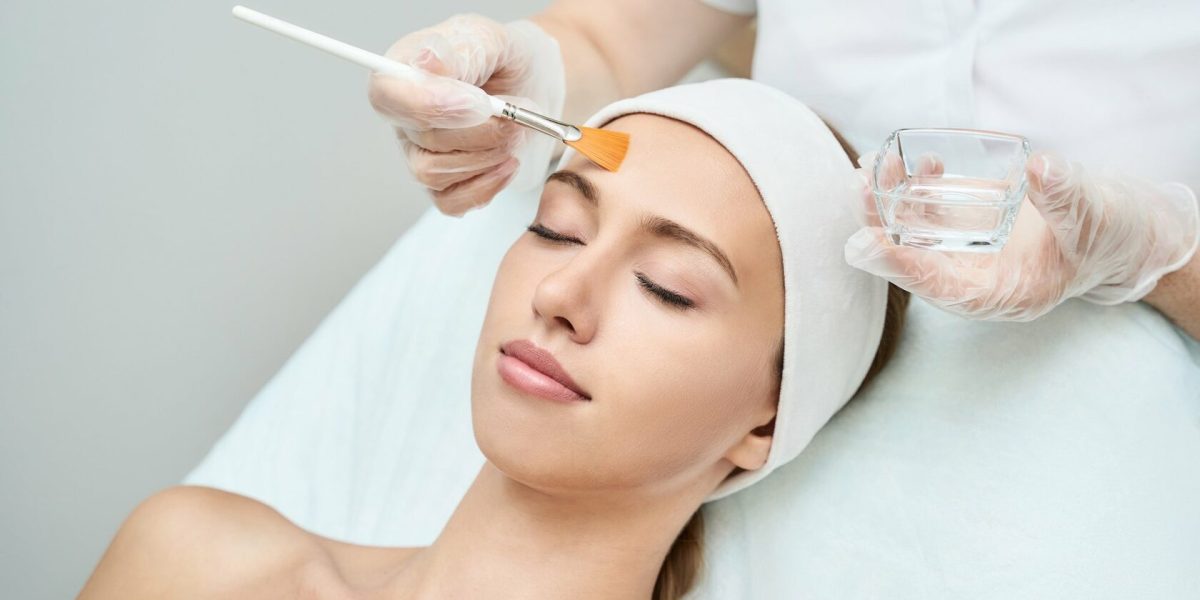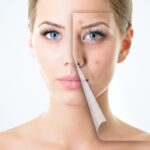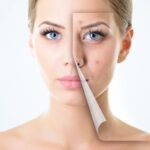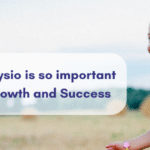In recent years, the desire for skin whitening has grown significantly in Islamabad, reflecting a wider South Asian fascination with fairer skin tones. This growing trend is shaped by long-standing cultural ideals, societal expectations, and modern beauty standards. While skin care is an essential part of personal grooming, the focus on achieving lighter skin has raised both curiosity and concern. In this blog, we’ll explore why skin whitening is popular in Islamabad, its cultural significance, common practices, and how to approach it safely and mindfully.
The Cultural Influence
The preference for fair skin in South Asia has deep historical and cultural roots. In traditional literature, films, and folklore, fair skin is often portrayed as a sign of beauty, nobility, and even virtue. This bias, though subtle at times, still influences how beauty is perceived in contemporary society—including in Islamabad.
These beauty standards are often reinforced through media, where lighter-skinned actors, models, and influencers are more frequently seen and celebrated. As a result, many people feel pressure to conform to these ideals, believing that lighter skin is not only more attractive but also opens doors to better social and professional opportunities.
The Rise of Skin Whitening Practices
In Islamabad, a variety of methods are used by individuals seeking a fairer complexion. These range from simple daily skincare routines to more specialized treatments. Common approaches include
-
Topical Products: Many people use creams, serums, and lotions that claim to lighten skin tone or reduce dark spots and pigmentation. These often contain ingredients like niacinamide, vitamin C, kojic acid, or licorice extract—all known for their brightening properties.
-
Home Remedies: Traditional remedies using natural ingredients like turmeric, lemon juice, yogurt, and honey remain popular. These are believed to improve skin texture and give a subtle glow, although their results may vary.
-
Lifestyle Adjustments: Some people focus on improving their skin tone by adopting healthier habits—staying hydrated, eating antioxidant-rich foods, exercising regularly, and getting enough sleep. These changes can lead to healthier, more radiant skin without needing drastic measures.
Sun Protection: The Foundation of Even Skin Tone
A major contributor to skin darkening and uneven tone is sun exposure. Islamabad’s climate includes strong sunlight throughout much of the year, which can lead to tanning, hyperpigmentation, and premature aging if the skin isn’t protected.
Using sunscreen daily, wearing protective clothing, and avoiding prolonged exposure during peak hours are effective ways to maintain an even complexion. Many people overlook the power of consistent sun protection, but it plays a central role in preserving skin health and natural brightness.
The Psychology Behind Skin Whitening
While skin whitening may seem like a purely cosmetic choice, it’s often rooted in deeper psychological and social pressures. Many individuals, especially young people, seek lighter skin to boost their confidence, feel more accepted, or meet the beauty standards set by society.
Colorism—the preference for lighter skin within a racial or ethnic group—can cause people with darker complexions to feel less valued or attractive. This leads to internalized bias and the belief that changing one’s appearance is necessary for success or social approval.
Recognizing these influences can help people make more conscious and empowered decisions about their appearance. Beauty should be diverse and inclusive, and everyone deserves to feel confident in their natural skin tone.
Safe and Healthy Skin Care First
Whether one chooses to lighten their skin or simply improve its health and appearance, it’s essential to prioritize safety. Not all skin whitening products are safe—some may contain harmful ingredients like mercury or steroids, which can cause long-term damage.
Being informed about what you apply to your skin is crucial. Reading ingredient labels, avoiding harsh chemicals, and choosing reputable products are all part of a safe skincare routine. A healthy skincare approach should focus on hydration, nourishment, protection, and gentle exfoliation, rather than aggressive lightening.
Shifting Perspectives on Beauty
Fortunately, attitudes toward beauty are slowly shifting in Islamabad and other parts of the region. More voices are promoting the idea that beauty is not limited to one skin tone. Social media has given rise to influencers and content creators who embrace and celebrate a variety of skin colors, challenging outdated norms.
As these conversations become more mainstream, the hope is that future generations will feel empowered to love and care for their skin—regardless of its shade. The journey to radiant, healthy skin should be rooted in self-respect and well-being, not pressure to meet unrealistic ideals.
Final Thoughts
Skin whitening in Islamabad is a complex trend shaped by culture, media, and personal aspirations. While many people seek a brighter complexion, it’s essential to focus on safe practices and self-acceptance. True beauty goes beyond skin color—it’s about feeling confident, caring for yourself, and celebrating who you are.












